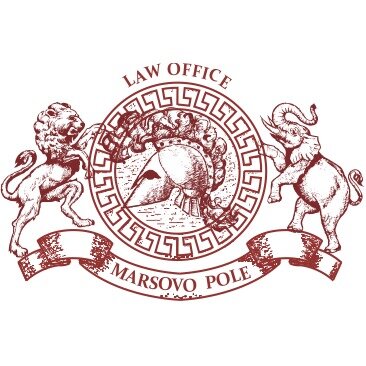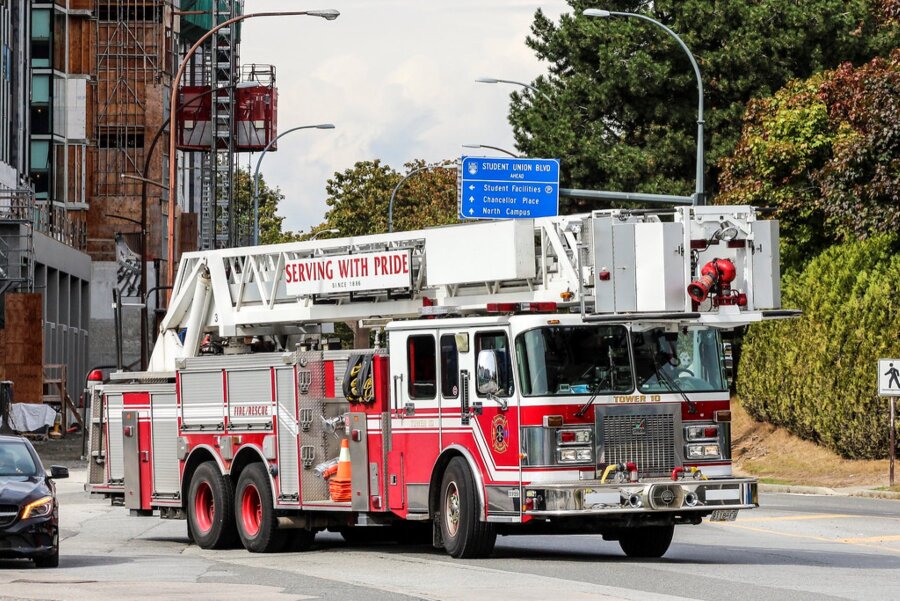
Best Bail Bond Service Lawyers in St Petersburg
Share your needs with us, get contacted by law firms.
Free. Takes 2 min.
List of the best lawyers in St Petersburg, Russia


EPAM Law Firm

Marsovo Pole

Attorneys for criminal cases
About Bail Bond Service Law in St Petersburg, Russia
In St Petersburg, Russia, bail bond services operate within a framework vastly different from the one in the United States or some other countries with a bail bond system. In Russia, the concept of bail involves a court setting a monetary guarantee as a condition for pre-trial release to ensure a defendant's appearance at trial. However, there are no bail bondsmen or commercial bail bond service companies as known in the U.S. Instead, the monetary guarantee is typically provided directly by the defendant or third parties on the defendant's behalf. It's important to note that not all charges are bailable and the option of release on bail is at the discretion of the court.
Why You May Need a Lawyer
Legal representation is vital in navigating the bail process in St Petersburg, Russia. You may require a lawyer for various reasons, such as ensuring your rights are protected, arguing for a reasonable bail amount, and providing proof of funds’ legitimacy. Lawyers can also assist in cases where bail conditions need to be negotiated or modified, or if there is a need to appeal a court’s decision to deny bail.
Local Laws Overview
In the Russian legal framework, bail is governed by the Criminal-Procedural Code of the Russian Federation. The bail amount is determined by several factors, including the nature and severity of the alleged crime, the defendant's ties to the community, financial status, and potential flight risk. If bail is granted and paid, the defendant is required to comply with the conditions set by the court. Failure to adhere to these conditions may result in the forfeiture of the bail amount and, potentially, revocation of the pre-trial release.
Frequently Asked Questions
What is the legal basis for bail in Russia?
Bail in Russia is regulated by the Criminal-Procedural Code, specifically in the part of the legislation that deals with measures of restraint, including bail as a form of securing a defendant’s appearance at trial.
Can anyone pay bail for a defendant in Russia?
Yes, a family member, friend, or any third party can provide the funds required for bail; however, the source of the funds must be proven to be legitimate to the court’s satisfaction.
Is bail always available for defendants in St Petersburg?
No, bail is not always available. The availability of bail depends on several factors, including the severity of the crime and flight risk, and is ultimately at the court's discretion.
What happens if a defendant skips bail in Russia?
If a defendant fails to appear in court and violates the conditions of the bail, the bail amount can be forfeited to the state, and the defendant may face additional legal consequences, including potential arrest.
How is bail amount determined?
The court considers the nature of the offense, the defendant’s financial capacity, past criminal behavior, and the risk of absconding or tampering with evidence when determining the bail amount.
Can bail be paid in installments?
Typically, bail needs to be paid in full; however, the court may decide otherwise based on the defendant's financial circumstances.
How long does it take for bail to be returned after completion of the trial?
After the completion of the trial, the bail amount is typically returned to the person who paid it, provided all court conditions have been met. The exact timeframe can vary depending on the case and the court’s administrative processes.
What legal documents are required for bail payment?
The necessary legal documents typically include proof of payment, such as bank statements or receipts, and sometimes documentation to establish the source of the funds as legitimate.
Can non-citizens obtain bail in St Petersburg?
Non-citizens may be eligible for bail; however, they may be considered a higher flight risk and thus could face a higher bail amount or be denied bail depending on the circumstances.
Are there any alternatives to bail in St Petersburg?
Alternatives to bail may include various pre-trial restrictions such as house arrest or travel restrictions. These measures are determined by the court, based on the specifics of each case.
Additional Resources
While St Petersburg does not have bail bond agents, individuals seeking legal advice regarding bail can consult with a local Russian lawyer or advocate. Reliable resources include the St Petersburg Bar Association or legal aid services that may provide assistance with understanding and managing the bail process.
Next Steps
If you require legal assistance with matters related to bail in St Petersburg, the first step is to contact a qualified local lawyer who specializes in criminal law. This legal professional can provide counsel that is specific to your case, assist with the paperwork, and represent you in front of the court. It is advisable to act promptly, as the timing of legal proceedings can significantly impact the outcome of bail hearings.
The information provided on this page is intended for informational purposes only and should not be construed as legal advice. While we strive to present accurate and up-to-date information, we cannot guarantee the accuracy, completeness, or currentness of the content. Laws and regulations can change frequently, and interpretations of the law can vary. Therefore, you should consult with qualified legal professionals for specific advice tailored to your situation. We disclaim all liability for actions you take or fail to take based on any content on this page. If you find any information to be incorrect or outdated, please contact us, and we will make efforts to rectify it.


